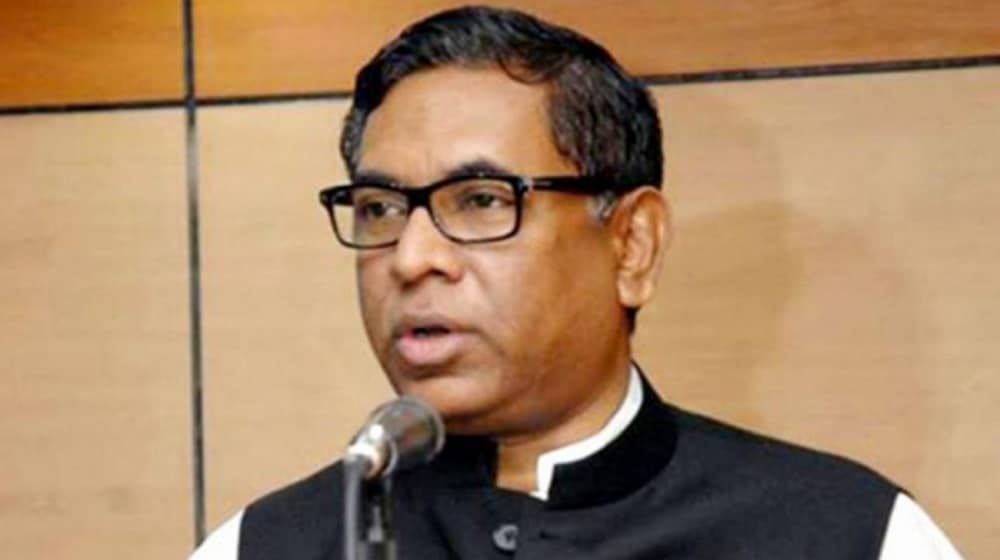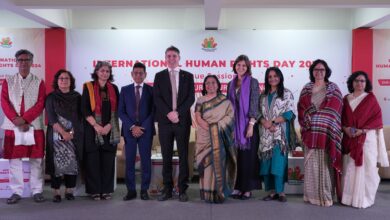State minister sorry for power cuts driven by gas crisis

State Minister for Power, Energy and Mineral Resources Nasrul Hamid has offered his apologies over frequent power outages — something he blamed on a shortage of gas due to the Russia-Ukraine war.
“Power generation will be square one once gas supply normalises,” he wrote on Facebook post on Sunday.
“High prices and a supply crunch of fuel in the international market due to the war have put us in trouble like all other countries. In this situation, we apologise sincerely for your temporary inconvenience,” he added.
The government recently declared 100 percent electricity coverage, but power cuts have now become frequent in many parts of the country. “A gas shortage is disrupting power generation and supply to many places,” Nasrul said.
According to Bangladesh Power Development Board, the country had a demand for 14,250 megawatt (MW) electricity on Sunday evening. The fuel shortage, however, cut power generation by up to 900 MW from the demand, an official said.
The 152 power plants under the BPDB have a total capacity to generate 22,000 MW. The country’s power generation capacity, with the captive power plants included, is around 25,500 MW.
The gas-run plants can produce around 51 percent of the capacity.
“We’ve enough plants to produce surplus electricity if fuel supply is normal. But we won’t get half of the necessary power today due to the supply crunch at the gas-fuelled plants,” said the BPDB official.
A daily report by state-run oil, gas and mineral resources corporation, Petrobangla, predicted the power plants would get 960 million cubic metres of gas on Sunday, only 42 percent of their demand.
The supply of liquefied natural gas or LNG would also fall to 497 million cubic feet, less than half the daily demand, according to Petrobangla.
Mentionable, the government in mid-june ordered authorities to ensure that shopping malls, stores and kitchen markets are closed by 8:00pm every night– to save electricity amid rising energy prices worldwide following the Russia-Ukraine war.





